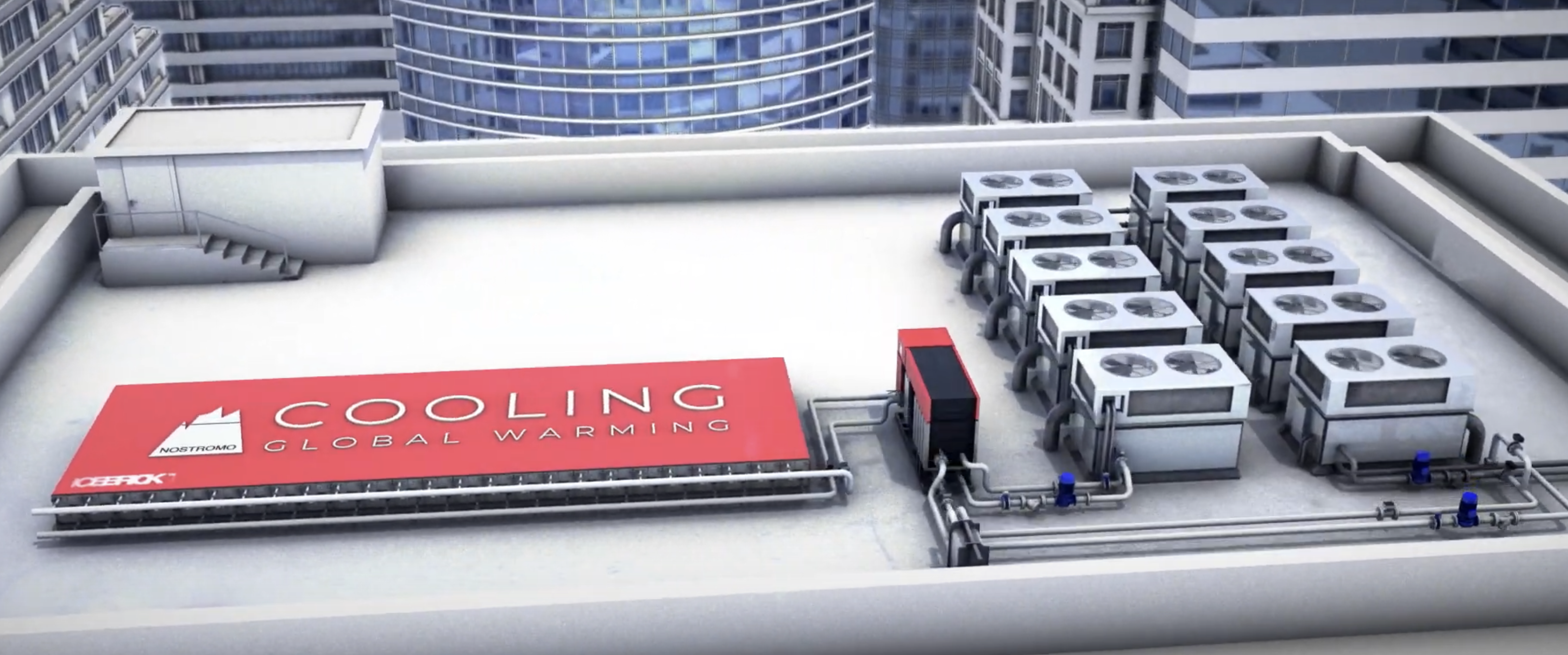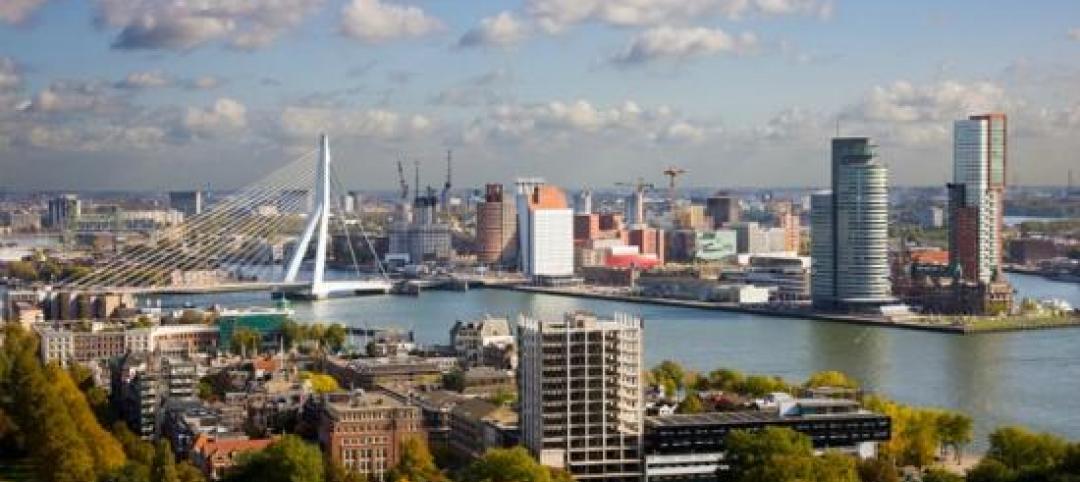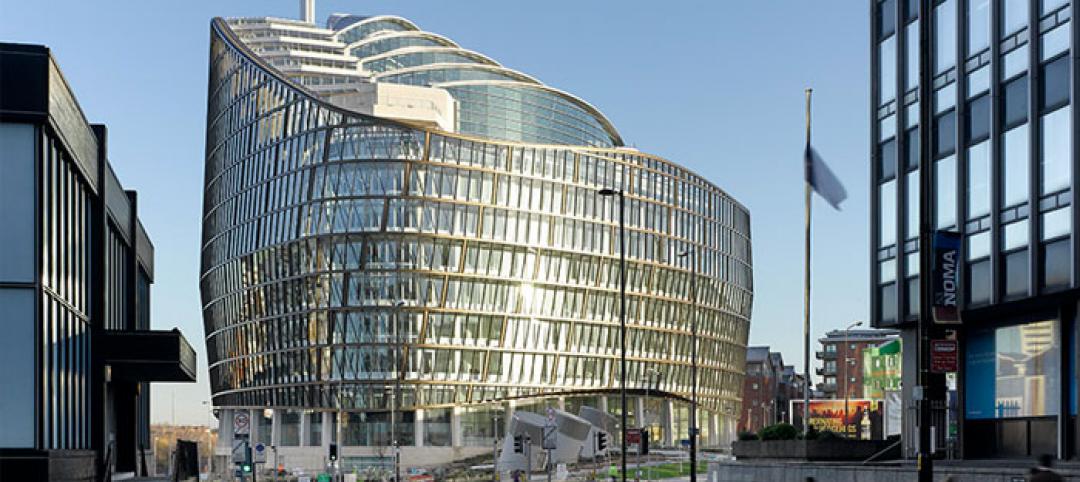The General Services Administration and the U.S. Department of Energy have selected 17 innovative building technologies to evaluate in real-world settings throughout GSA’s real estate portfolio.
This year, field validation will be conducted on five of these technologies that will support commercial buildings decarbonization and the implementation of DOE’s recently released Decarbonizing the U.S. Economy by 2050: A National Blueprint for the Buildings Sector. The technologies include modular ice-based energy storage from Nostromo Energy, a modular cold-climate air-source heat pump from Trane Technologies, an air conditioning system incorporating a liquid desiccant and evaporative cooling from Blue Frontier, a refrigerant life cycle management strategy from êffecterra, and an internet-of-things based building management system from 75F.
The evaluation will consider how well products reduce energy use and greenhouse gas emissions. HVAC in commercial buildings consumes up to 44% of on-site energy, according to a DOE news release.
GSA anticipates that the results of this year’s evaluations will be available in 2026. DOE and GSA have partnered through the same program since 2015. Since 2011, the program has evaluated 107 technologies, 23 of which have been deployed across more than a third of GSA’s federally owned portfolio.
Related Stories
| Dec 4, 2013
Rotterdam resiliency policies include floating neighborhood
The low-lying city of Rotterdam in the Netherlands is a world leader in storm resiliency with policies that impact businesses, private homes, and public infrastructure.
| Dec 4, 2013
Meet the 'world's greenest building': One Angel Square
The 500,000 sf, 14-story One Angel Square in Manchester, England, is being promoted as "the most environmentally-friendly building in the world."
| Dec 3, 2013
Architects urge government to reform design-build contracting process
Current federal contracting laws are discouraging talented architects from competing for federal contracts, depriving government and, by inference, taxpayers of the best design expertise available, according to AIA testimony presented today on Capitol Hill.
| Nov 27, 2013
ASHRAE data center standard open for public review
Standard 90.4P, Energy Standard for Data Centers and Telecommunications Buildings, is being developed in response to requests to recognize the energy performance profiles unique to data centers.
| Nov 27, 2013
Ohio legislators move to ban use of LEED on public construction
Two Ohio state senators have introduced legislation that seeks to ban the use of LEED in public construction.
| Nov 27, 2013
ASTM issues revised standard on phase I environmental site assessments
ASTM has issued revised standard ASTM E1527-13 that governs phase I environmental site assessments.
| Nov 27, 2013
Vancouver, B.C., bans doorknobs in building code update
The goal of making it easier for people to age in place led to amendments to Vancouver, B.C.’s building code including banning doorknobs in favor of lever handles.
| Nov 22, 2013
Kieran Timberlake, PE International develop BIM tool for green building life cycle assessment
Kieran Timberlake and PE International have developed Tally, an analysis tool to help BIM users keep better score of their projects’ complete environmental footprints.
| Nov 20, 2013
WDMA receives final approval on code amendments
The Window and Door Manufacturers Association (WDMA) was granted final approval of several amendments it proposed to the 2015 editions of the International Residential Code (IRC), International Energy Conservation Code (IECC), and International Existing Building Code (IEBC).
| Nov 20, 2013
Safe Jobs Act would provide more protection for New York City construction workers
Legislation that would require safety training for construction workers on public projects in New York City has been introduced to the City Council.











